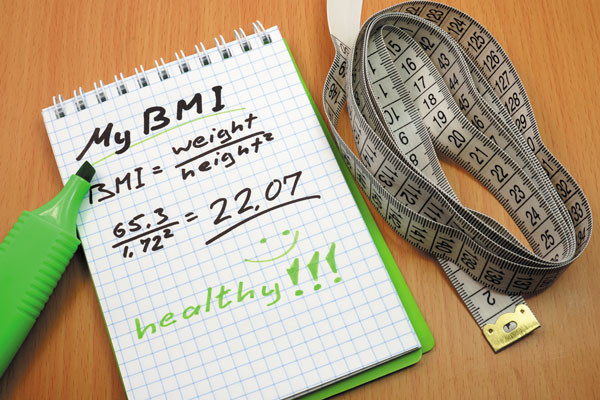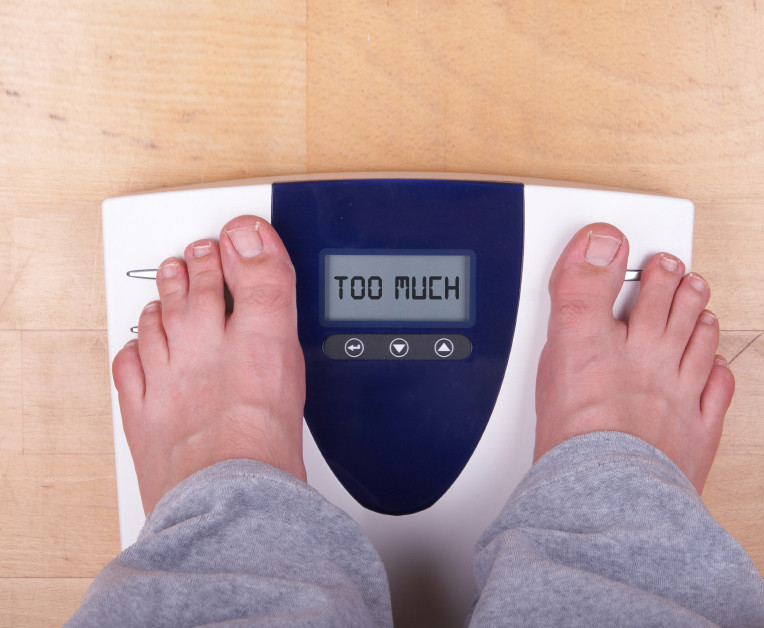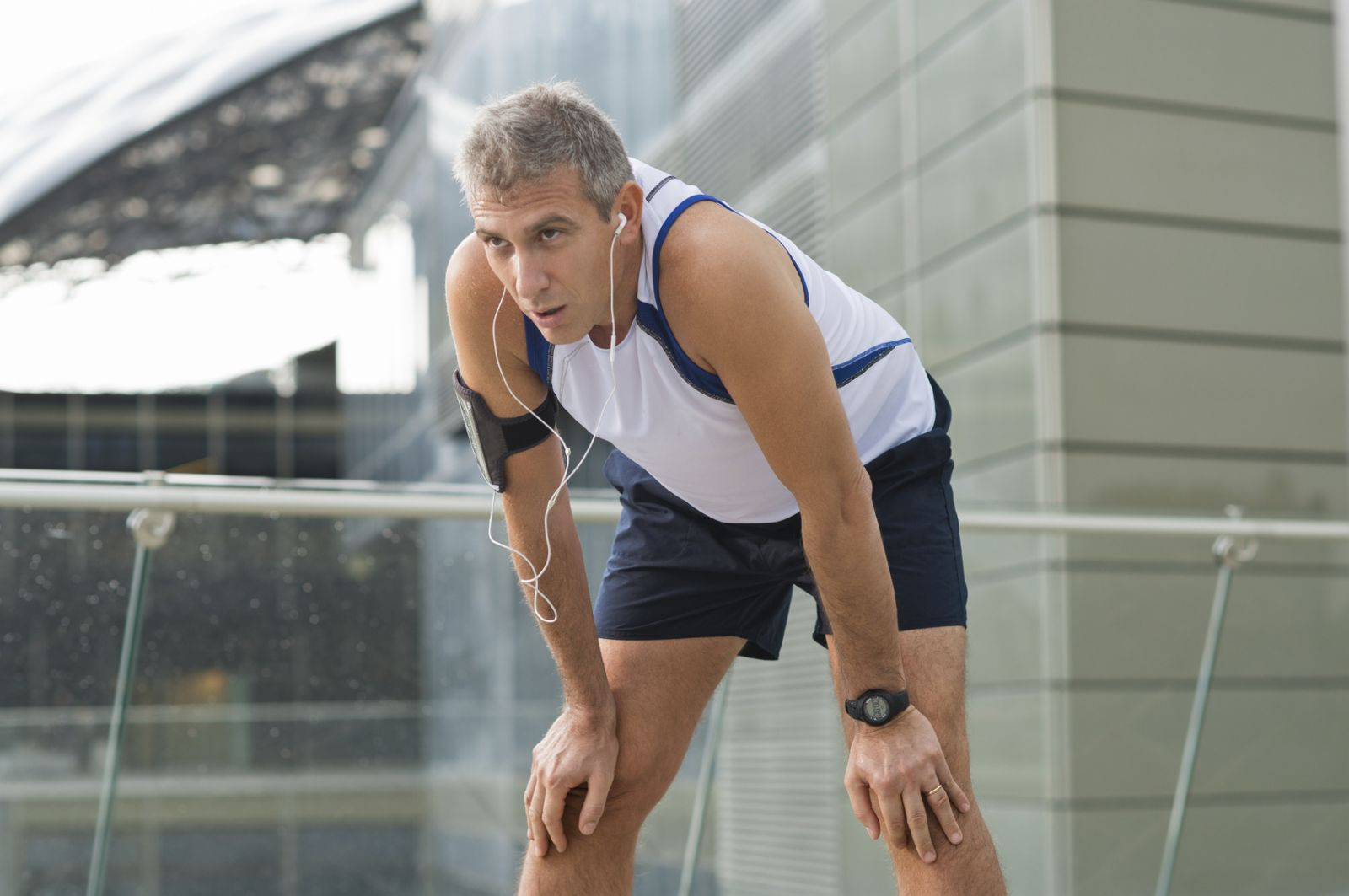
Counting steps is good — is combining steps and heart rate better?

Appendix pain: Could it be appendicitis?

Can saw palmetto treat an enlarged prostate?

How does Ozempic work? Understanding GLP-1s for diabetes, weight loss, and beyond

Zinc: What it does for the body, and the best food sources

Respiratory health harms often follow flooding: Taking these steps can help

Tips to leverage neuroplasticity to maintain cognitive fitness as you age

Can white noise really help you sleep better?

Celiac disease: Exploring four myths

What is prostatitis and how is it treated?
Exercise & Fitness Archive
Articles
Does regular exercise reduce cancer risk?
It appears people with the highest levels of physical activity have lower rates of cancer of the esophagus, lung, kidney, colon, head and neck, rectum, bladder and breast, compared with people with the lowest levels of physical activity.
Your resting heart rate can reflect your current — and future — health
How many times your heart beats per minute when you’re resting — also known as your resting heart rate (RHR) — can provide important clues to your current overall health and even predict possible future health problems.
Step lively with walking
With an emphasis on proper speed and form, a regular walking routine can make great strides toward improving your health.
A dedicated walking program can be your main source of exercise.
Image: iStock
Walking is the oldest exercise, but nowadays it tends to be recommended only for people who have trouble staying active, have mobility issues, or are recovering from an injury or surgery. Yet you should rethink the role walking can play in your overall fitness.
Is body mass index (BMI) still the best measure of body fat?
Body mass index (BMI) is still the best way to assess body fat for most people.
Why am I gaining weight?
Lifestyle measures can help to minimize postmenopausal weight gain and maximize health.
How tough is your workout?
Exercise is healthy and safe for most folks. For kids, young adults, seniors, people who are healthy, and people who have medical issues, moderate activity is usually safe and does plenty to improve health, energy, and well-being.
How can you judge the pace of your workout? The easiest way to see how hard you're working is to describe your effort using broad categories, such as light, moderate, or vigorous (see the table below). This categorization, called "perceived exertion," is a good way to help you exercise safely. As you improve your fitness, you'll find your perception of an activity's intensity will change. For example, you might find that you are no longer short of breath when walking up a nearby hill or climbing the stairs.
Let’s dance! How rhythmic motion can improve your health
Both music and exercise help prevent and alleviate disease. Fusing the two may have even greater benefits than either alone.
Image: iStock
Dancing is a universal human experience. We dance to express joy, celebrate life events, and enact religious and cultural rituals. Dance also has physical and cognitive benefits that may exceed those of other forms of exercise.
What dance does for your health
How to get started
If you've ever danced you know how much fun it can be. Even if your rumba is a little rusty or your back step has slowed, it may be easier than you think to get back in the swing. If you're not ready to jump on the dance floor at the next wedding or class reunion—maybe you're a little shy or feel you have two left feet—there still are ways you can enjoy dancing.
Take a class. Many Y's and senior centers offer some type of group instruction for people at all levels of expertise. You're most likely to find lessons in tai chi (a meditative exercise that is often performed to relaxing music) and Zumba (an aerobic workout that combines steps and moves from a variety of traditional dances, often to Latin music). Learning new types of ballroom dance can also be fun and challenging. If you don't have a partner, there is a world of folk and line dances that don't require a pairing with another person. Many dance studios and square-dance and contra-dance groups create a friendly environment for people by promoting partner rotation, where you switch partners and dance with someone new each time. You might also consider taking up (or resuming) tap, which can build bones, or ballet to strengthen core muscles and improve balance.
Dance at home. If you want to practice in private, the Internet has a wide variety of dance instruction videos, such as the popular "Dance for Dummies," that demonstrate the steps in slow motion and allow you to proceed at your own pace. Your public library may also stock instructional dance videos that are available to check out. All you need is comfortable clothing, a pair of supportive shoes, and enough space to move freely.
"In any instance you're getting the benefit of connecting to the music, so you're involving a part of the brain that isn't necessarily being tapped when you're doing something like walking that is more rote," Dr. Elson says.
How stress affects seniors, and how to manage it
Exercise, breathing techniques, and medication can help you manage stress as you get older.
Image: moldboard/Thinkstock
We all experience a little stress from time to time. It's not so hard to handle when we're young. But as we age, coping with stress isn't as easy anymore. "We tend to have less resilience to stress, and older adults often find that stress affects them differently now," says Dr. Michelle Dossett, an internal and integrative medicine specialist at the Benson-Henry Institute for Mind Body Medicine.
Changes in response
Changes in triggers
When you were younger, your stressors may have been a busy day at the office or a crying child. "Stressors that tend to affect seniors are the loss of a loved one; too much unstructured time on your hands; a change in relationships with children; or a loss of physical abilities, such as vision, hearing, balance, or mobility," says Dr. Dossett.
Symptoms of stress may include tension headaches, indigestion, heart palpitations, poor concentration, sleep difficulties, anxiety, irritability, crying, or overeating. If any of these symptoms are interfering with your quality of life, Dr. Dossett suggests that you seek help.
What you should do
How to keep your brain healthy through exercise
Exercise helps keep the brain healthy by improving memory and problem solving, and may even reduce the risk of dementia. Dr. Alvaro Pascual-Leone advocates regular exercise as a treatment for all people and explains more about the benefits for the brain.
Exercise: It does so much more than burn calories
You’ve probably heard that if you want to lose weight, it’s as simple as “eat less, exercise more.” A recent study suggests that a lot of exercise doesn’t always translate into a lot of extra calories burned. But even if you never lose a single pound with exercise, it has so many other benefits for your body and mind that it’s always worth it to be active. Give it a try today!

Counting steps is good — is combining steps and heart rate better?

Appendix pain: Could it be appendicitis?

Can saw palmetto treat an enlarged prostate?

How does Ozempic work? Understanding GLP-1s for diabetes, weight loss, and beyond

Zinc: What it does for the body, and the best food sources

Respiratory health harms often follow flooding: Taking these steps can help

Tips to leverage neuroplasticity to maintain cognitive fitness as you age

Can white noise really help you sleep better?

Celiac disease: Exploring four myths

What is prostatitis and how is it treated?
Free Healthbeat Signup
Get the latest in health news delivered to your inbox!
Sign Up











